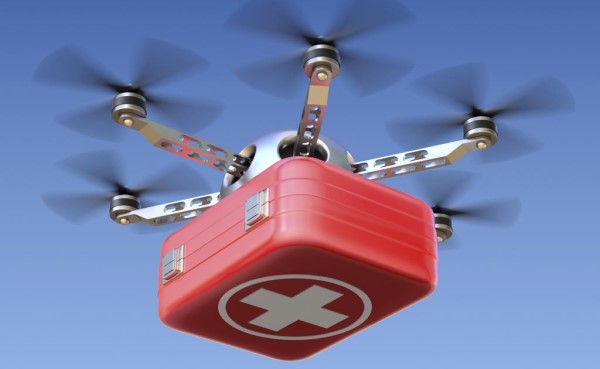The supply of medical devices and consumables (non-medicine products) is a popular business worldwide. In recent times Ghana has witnessed an explosive growth in this field of business. A simple google search for ‘Medical supply companies in Ghana’ will reveal a tall list of recognised companies on the business directory page, Ghana Yellow.
This is however not shocking. The West African country has seen a rise in numbers of public, private and mobile healthcare services over the last few years, thereby increasing the need for medical supplies.
“Five years ago, there was not much competition in this market”, said Chief Ahmed, C.E.O of Forever Medicals Limited, located at Avenor Junction, Accra during an interview with him in his office. As a chartered accountant and business man, he entered into full time supply of medical equipment when he realised that the demand was high.
“With government opening hospitals and more private facilities springing up, many people have taken interest in supplying medical equipment” he continued.
Another supplier, who has been in the business since 2014, Mr Selasie Clifford agreed with the comments made by Chief Ahmed.
The CEO of Med point Ltd, located at Korle bu, Accra, opined that there was a rapid influx of people into the business, especially this year due to COVID-19.
Indeed, the outbreak of the corona virus, which created an urgent need for Personal Protective Equipment (PPEs) played a significant role in challenging individuals to start supplying medical equipment and consumables.
Most companies have their headquarters in the Greater- Accra region, which is the business hub of Ghana. The others are sparsely distributed among the other regions of Ghana. Due to increasing competitiveness in the business, medical suppliers have adopted several strategies to capture the market.
Business Models
Majority of medical suppliers in Ghana are ‘middle man’ companies who import consumables and devices from trusted manufacturing brands in America, Europe and Asia. Products are then resold to end users, usually hospitals, medical labs and diagnostic centres.
In recent times, manufacturers and brands such as Sysmex, Becton-Dickson (BD) and General Electric (GE) have opened offices in Ghana. While some have partnered with middle man companies, some have completely nullified the need for middle men by selling directly to the market.
Some supply companies enter into exclusive distributorship agreements with manufacturers. This agreement gives the supplier the rights to be the sole distributer of products from that manufacturer within Ghana or even the West African region. In turn, the supplier is required to hit an agreed upon sales target.
There are other companies who prefer not to bind themselves to such contracts and instead, buy and sell on their own terms.
Some suppliers capture the market by offering hire purchase contracts on more expensive equipment. Others give long credit periods for payment, to the delight of end users.
Digital and online selling platforms have also changed the game for suppliers. Suppliers can now reach a wider pool of customers by advertising their items on social media, and displaying their products on well-designed websites. Using digital platforms for advertising products aid in easier lead generation.
Registered supply companies in good standing with the laws of Ghana qualify to undergo the tendering process, organised by government healthcare facilities when purchasing items exceeding a capped cost.
The supply of medical equipment goes hand in hand with technical after sale services. After sale service packages include installation, training and maintenance of equipment. Some supply companies therefore establish in-house field service engineering units, while others outsource to private biomedical engineers and technicians.
Future Predictions
When asked about the current profitability of the medical supply business, the two suppliers shared the same view; the business was still a profitable one, depending on the product one traded in.
They shared that products like gloves and facemasks were saturated in the market, and may not be the most profitable products to trade.
Their views however differed when asked about the profitability of the business in the next five years.
Mr Selasie Clifford believes that the market would soon be over saturated with medical suppliers, causing a decrease in profitability.
Chief Ahmed was however optimistic that the business will always be profitable as more medical facilities will be put up in the future. He said, “The demand will always be high when it comes to health, all you need is the interest and passion.”





